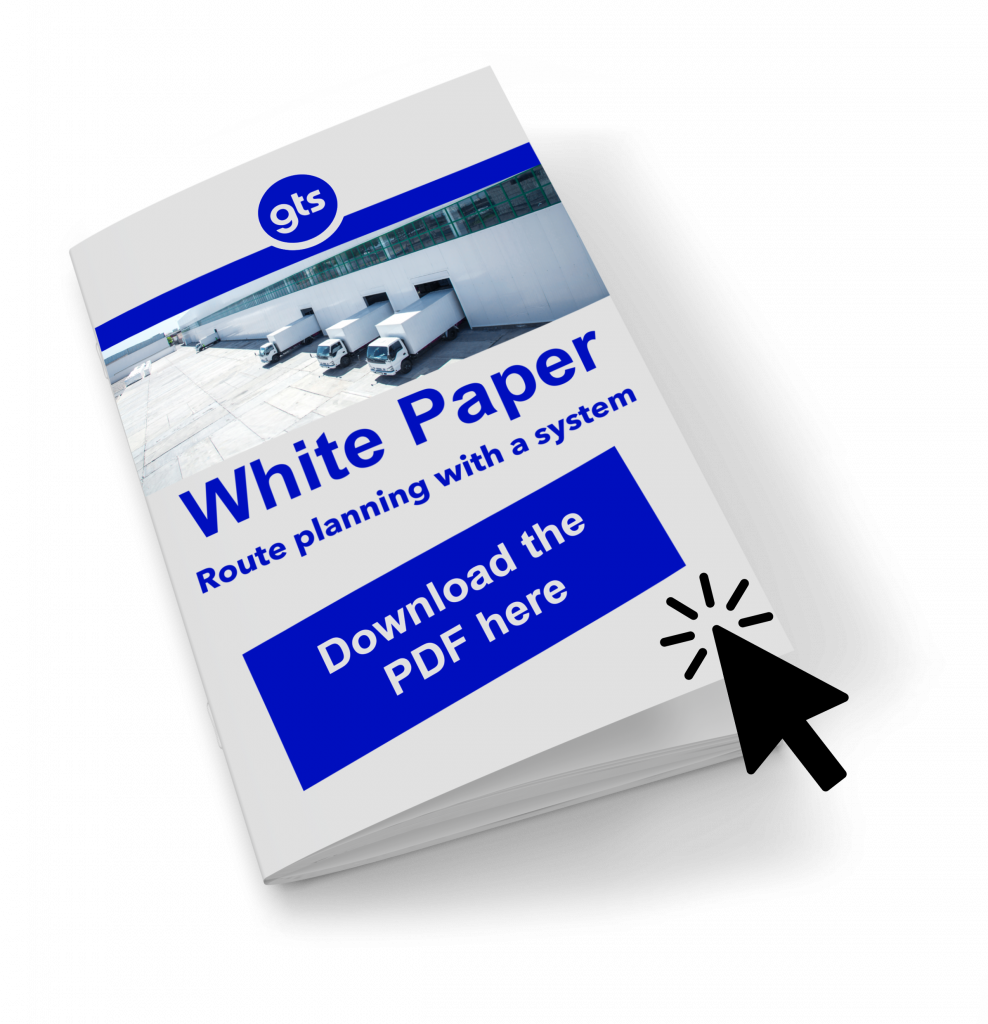The current corona crisis poses special challenges for the food industry, including bakeries. In order to keep the branches profitable, it is up to the transport logistics to deliver the supplies as effectively as possible.
Numerous parameters are decisive for the efficient delivery of baked goods from the production site to the branches and retail customers. Most of the time, the tight delivery times should be noted. In addition, the number of tours per day often varies and the vehicle capacities vary depending on the location. Such requirements and restrictions lead to ever more complex route planning.
Automated route planning using algorithms
The TransIT software developed by gts records various delivery parameters and uses algorithms, precise area planning and automated optimization processes to calculate the best route. Linked to a navigation solution, drivers can deliver to the branches one after the other. If more stops are reached per tour, the mileage savings have an effect on fuel consumption and thus on C02 emissions. Ergo: TransIT also offers enormous potential in terms of sustainability. Seven of the leading chain stores on the German bakery market have already recognized this and rely on gts.
Welche Vorteile die flexible und automatisierte Tourenplanung im Detail bietet und wie sich die Anwendung in der Praxis darstellt, erklären die Experten von gts im Rahmen des Webinars “Frischer zur Filiale und dabei noch CO2 sparen – Tourenoptimierung für Bäckereien” on 29 April at 10 am.




